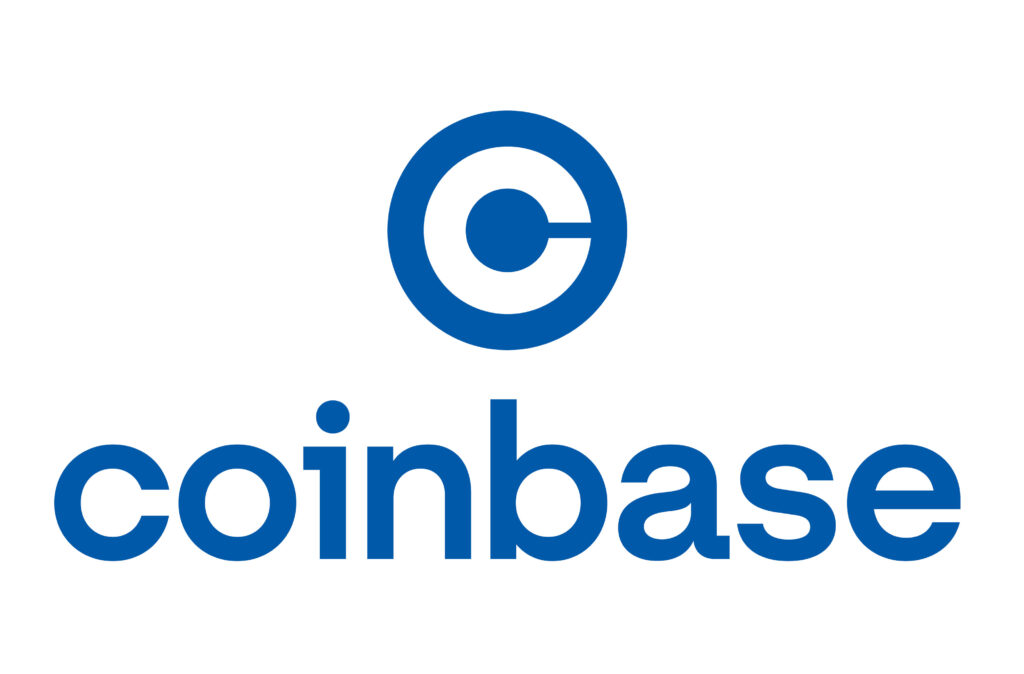Crypto Trading App for U.S. Users: What’s Legal and Profitable in 2025?

Introduction – Crypto Trading App for U.S. Users
If you’re a U.S. crypto trader in 2025, you already know this space moves fast. What’s legal today might be under investigation tomorrow. And apps that look super-profitable may come with hidden risks. So, how do you pick a crypto trading app that’s both legal and profitable?
Let’s break it down, piece by piece, using a human-first lens — no confusing jargon, no hype — just straight-up facts and guidance.
The Current Legal Landscape in the U.S.
Crypto in the U.S. is regulated, but it’s like a jigsaw puzzle with missing pieces. Two main bodies are calling the shots:
- SEC (Securities and Exchange Commission): Think of this as the crypto police for anything that looks like a stock or security.
- CFTC (Commodity Futures Trading Commission): They regulate crypto as a commodity — mainly Bitcoin and some derivatives.
So, when you ask “Is this app legal?”, the real answer is often: “It depends on what you’re doing with it.”
Some coins (like ETH) may be fine on one app but seen as securities on another. Add in state-level rules (hello, New York’s BitLicense), and it gets messy fast.
Top Legal Crypto Trading Apps in 2025
Here are five apps you can legally use as a U.S. resident — each with their own flavor.
Coinbase – Still the U.S. Favorite

Coinbase is the granddaddy of U.S. crypto apps — publicly listed, transparent, and generally playing nice with regulators.
- Regulatory status: SEC-compliant, though it’s still fighting some legal battles.
- Best for: Beginners, long-term holders.
- Supported features: Spot trading, recurring buys, staking (in select states), and a slick UI.
Fees? Not the lowest. But for U.S. users who want peace of mind, it’s a top-tier choice.
Official Website – Coinbase
Kraken – For the Serious Trader

Kraken flies a bit under the mainstream radar but has built trust over the years.
- Legal in most U.S. states, minus a few like New York.
- Supports margin trading, staking, and even futures — if you’re qualified.
- Very secure, with robust cold storage and two-factor authentication.
Kraken Pro is especially great if you’re trading at scale or using bots.
Official Website – Kraken
Robinhood – Simple, But Limited

Robinhood is kind of like crypto with training wheels. Easy UI, no fees… but also:
- You don’t control your private keys.
- You can’t send your crypto to another wallet (still a thing? Yep).
- Only a handful of coins supported.
But for casual traders just dipping in, Robinhood can still be a low-risk, low-commitment start.
Official Website – Robinhood
BitGlide – The “Robinhood of Crypto” in 2025

New kid on the block? Meet BitGlide. It’s making waves with:
- Zero-commission trading
- Built-in tutorials and AI-driven suggestions
- Strong U.S. compliance so far, including KYC and state licensing
It’s designed to feel like TikTok meets trading — perfect for younger traders or beginners who want profits without learning the hard way.
Official Website – BitGlide
Crypto.com – Global, But Is It Still for Americans?

Crypto.com was big a couple years ago, but in 2025, it’s… complicated.
- Some U.S. features have been restricted
- You may need to verify your state eligibility
- Offers great staking rewards — but not for all users
If you’re outside restrictive states or just using it for Visa card perks, it’s still worth a look.
Official Website – Crypto.com
👉 BitGlide: The Crypto Trading App Disrupting the U.S. Market
What Makes a Crypto App Legal in the U.S.?
Let’s simplify:
- BitLicense: Needed if you live in New York.
- KYC (Know Your Customer): You’ll need to verify your ID.
- AML (Anti-Money Laundering): Apps must report shady transactions.
- SEC Filings: If the app offers staking or tokenized securities, they need to register or face lawsuits.
If an app is avoiding U.S. regulations, it’s not worth the risk — even if it seems profitable.
What Makes a Crypto App Profitable for You?
Here’s the good stuff. Profitability depends on:
- Fees: Apps like BitGlide and Robinhood offer zero-fee trades.
- Staking and Rewards: Some apps give you 3–10% APY for holding coins.
- Token Rewards: Coinbase and others sometimes reward you with tokens for learning or referring friends.
- Spreads and Slippage: Watch out — the “hidden cost” in low-fee apps.
Your goal? Maximize returns while minimizing friction.
Security and Trust: What Should You Look For?
Here’s what savvy traders care about:
- 2FA: Mandatory.
- Cold Wallets: Most legit apps store 90%+ of funds offline.
- Insurance: Coinbase and Gemini offer limited crime insurance, but FDIC insurance on crypto is a myth — it only covers USD balances held in linked bank accounts.
Don’t trust. Verify. Always.
Tax Considerations for Crypto Traders in 2025
Yep, Uncle Sam wants his cut.
- Every trade is a taxable event.
- Apps like Coinbase and Kraken offer 1099 forms and tax exports.
- Tools like Koinly, ZenLedger, and CoinTracker make it easy to calculate your gains.
Use them — or prepare to overpay (or worse, underreport).
Future-Proofing: How to Pick an App That Won’t Get Banned
Look for:
- Regular audits
- Registered entities
- Positive community reputation
- Clear terms and transparent leadership
Avoid offshore apps promising 100x returns. If it sounds too good to be true…
Trends in U.S. Crypto App Development
In 2025, crypto apps are smarter and faster. Expect:
- AI trading assistants that optimize buys and sells
- Copy trading — follow pro traders with a click
- On-chain analytics for real-time market alerts
The best apps help you act fast — and smart.
Common Mistakes U.S. Users Make with Crypto Apps
Avoid these rookie errors:
- Skipping the terms of service (especially withdrawal rules)
- Forgetting to track cost basis for taxes
- Using VPNs to access restricted features — big no-no!
Final Thoughts: What Should U.S. Traders Do in 2025?
Stick with registered apps. Choose ones that match your trading style. If you’re just starting, go simple (like Coinbase or BitGlide). If you’re scaling, Kraken or a pro-grade app may suit you better.
And above all? Stay updated. Crypto law in the U.S. is still evolving, so what’s legal today might not be tomorrow.
FAQs
1. Is staking still legal in the U.S.?
Yes, but it’s limited by state and provider. Platforms like Coinbase offer staking in select jurisdictions.
2. Which crypto apps are FDIC insured?
None insure your crypto. Some, like Coinbase, offer FDIC insurance for USD balances only.
3. What happens if my app shuts down?
If it’s registered and regulated, you may get your assets back. If it’s offshore or shady… good luck.
4. Are profits from crypto apps taxable?
Yes. Every trade, swap, or reward is considered a taxable event. Track everything.
5. Can I use international apps with a VPN?
Technically yes, but it’s risky. It often violates terms of service — and could result in a ban or loss of access.
Please don’t forget to leave a review.
